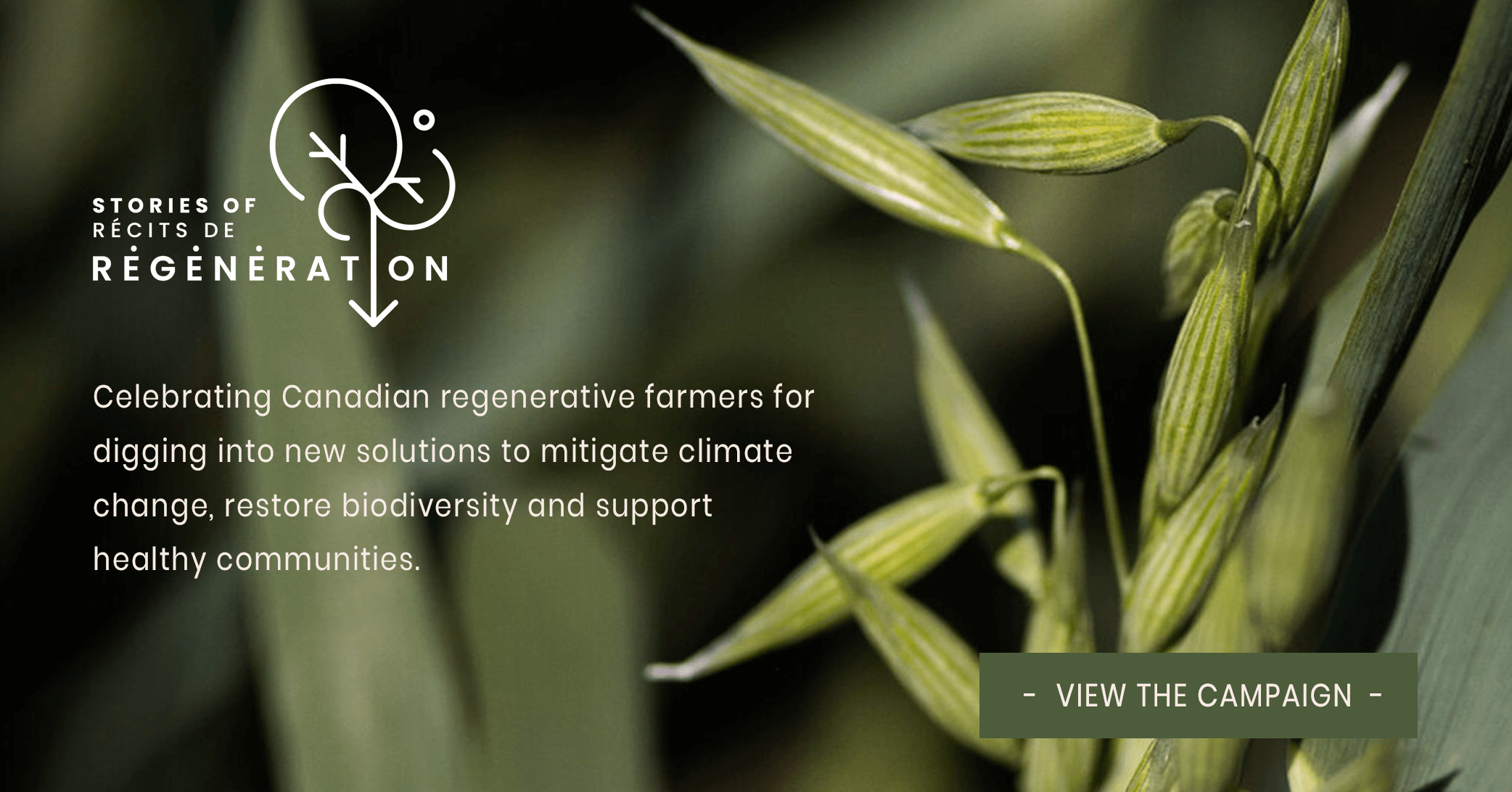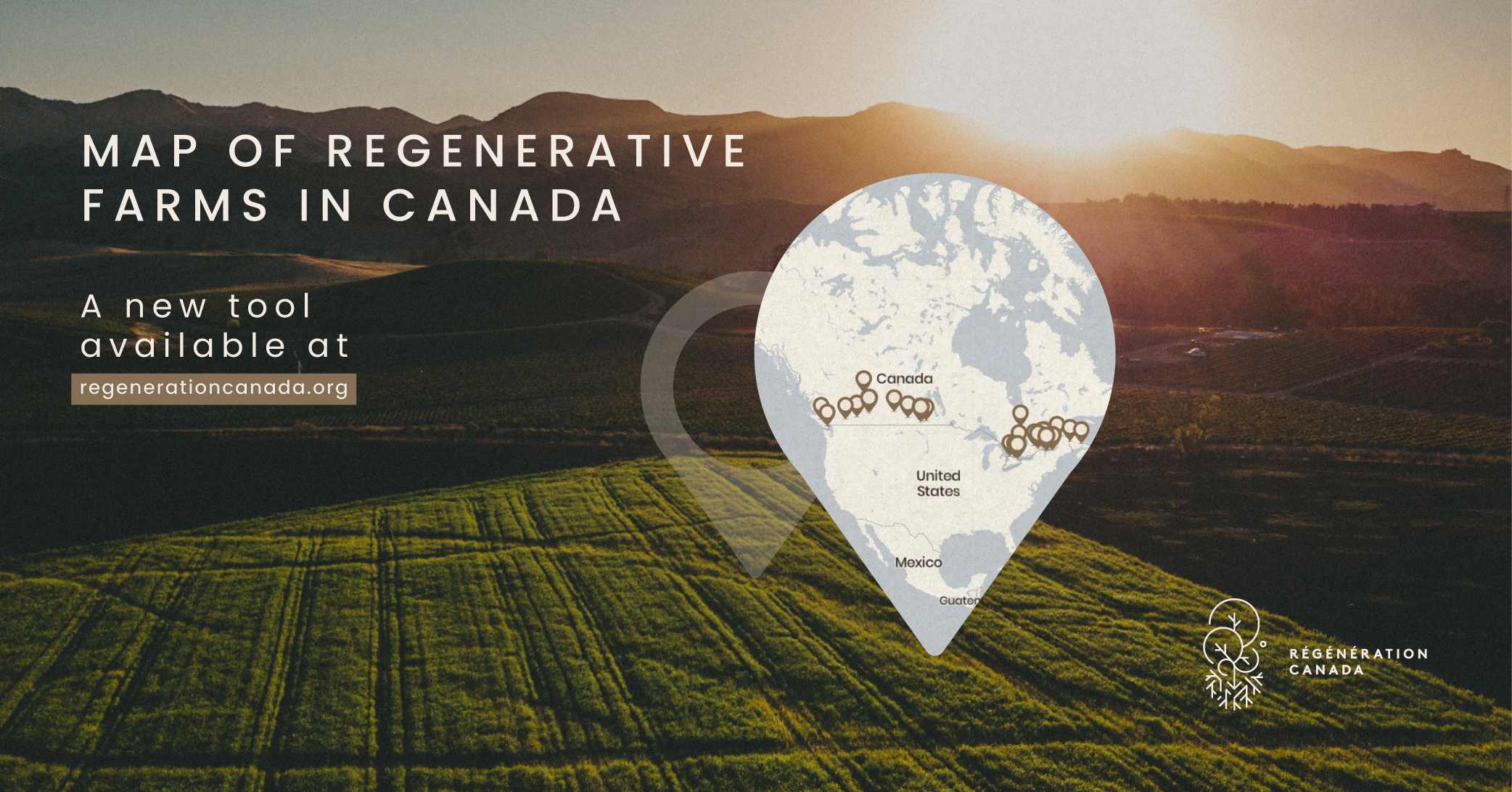The 2018 IPCC report is not that easy to read if you’re not a scientist. So I’m wondering if people who just heard about it in the news really get what it says. Because it seems to me that the majority of people are not having an appropriate reaction to it! So I am going to unpack it a bit here.
The IPCC report published in 2018 emphasized the urgency

The Intergovernmental Panel on Climate Change (IPCC) is organized by the UN and composed of world class experts from various countries who have access to a vast body of data on climate. They have analyzed it extensively and there is a consensus that climate change is progressing more rapidly than earlier predicted and that it is connected to humans creating a build up of greenhouse gases in the atmosphere. The people who created this report are not marginal people and the data is statistically significant. This is very credible science.
The IPCC special report in 2018 came out clearly explaining why we need to make a heroic effort immediately to keep the temperature rise from going above 1.5 degrees Celsius. The global temperature has already risen by one degree above pre-industrial levels and we are already experiencing dramatic climatic events.
The world leaders at the climate Summits have argued about whether 1.5 or 2 degrees should be the maximum limit. But the IPCC report argues that, given the pace of change already at 1 degree of warming, 2 degrees will be catastrophic. We will not be able to adapt and continue our civilization in such a world.
An inevitable change to continue living
Despite being aware for the past 20 years that climate change is a result of a rise in greenhouse gases caused by human activity, emissions have continued to increase. 17 of the 18 warmest years on record have occurred since 2003. More than 100,000 species are threatened with extinction. Scientists project that at 2 degrees of warming, it will be unlikely that agriculture can adapt and we will not be able to feed the population. Sea levels are rising. Some places will be underwater. There will be more catastrophic storms causing billions of dollars in damage and taking lives.

The IPCC calculated the carbon budget that we can afford to spend to keep warming under 1.5 degrees. And we have been spending it. If we continue at our current rate for the next decade we will have used it up and it will be inevitable that warming will exceed 1.5. Had we peaked the rise in emissions by 2000, we could have reduced our carbon spending gradually and incrementally. We need to do that now and continue to decrease to net zero by 2050 to avoid planetary catastrophe.
Such an enormous social change will require heroic and concerted efforts. This degree of social change has happened before in history, but generally in wartime when the citizenry is aligned in recognizing an urgent and immediate need.
We are not all yet in agreement about the urgency. Business and government continue to behave as if the future can continue under the old rules. But it will not.
A miracle solution: Regenerative agriculture
The IPCC report also tells us that the only way we can possibly succeed in bringing carbon levels down in time is if we not only reduce emissions drastically but also remove carbon from the atmosphere. The best way to do this, the way which is certain to have no unexpected side effects is to plant trees and manage land with regenerative agriculture practices. Farming and managing land regeneratively could offset our emissions by storing carbon in the earth as organic matter.
If we believed the IPCC report, we would be doing everything possible to reduce emissions as quickly as we can and at the same time we would be pulling as much carbon as we can out of the atmosphere by planting trees, redesigning agriculture and cities and scaling up all the safe carbon removal strategies that we can. We would be doing this with a sense of urgency because accomplishing this level of change in nine years is a monumental task and our lives depend on it.
In the world we will find ourselves in at 2 degrees of warming, our other concerns may be irrelevant. Appropriate action now is to insist that governments, industries and all sectors of society get lined up to move towards a carbon neutral world. Regeneration Canada is advocating for the safest carbon removal strategy that is known, regenerative land management. Please sign and circulate our petition and help us generate the action that is needed!




